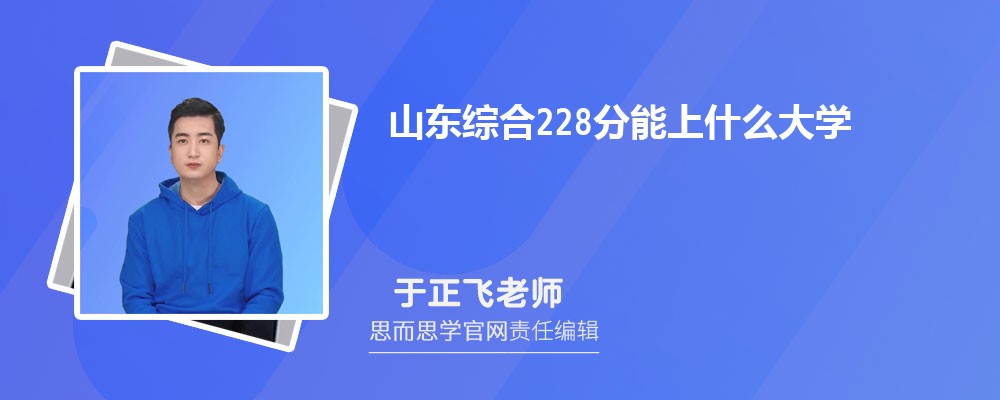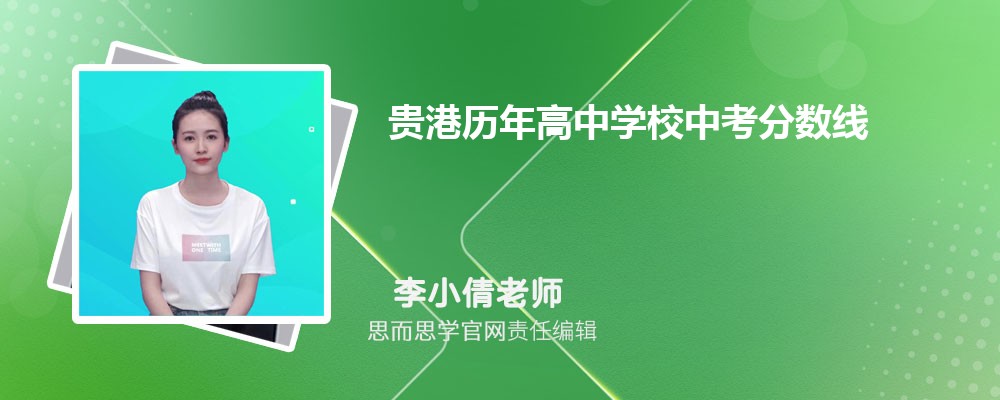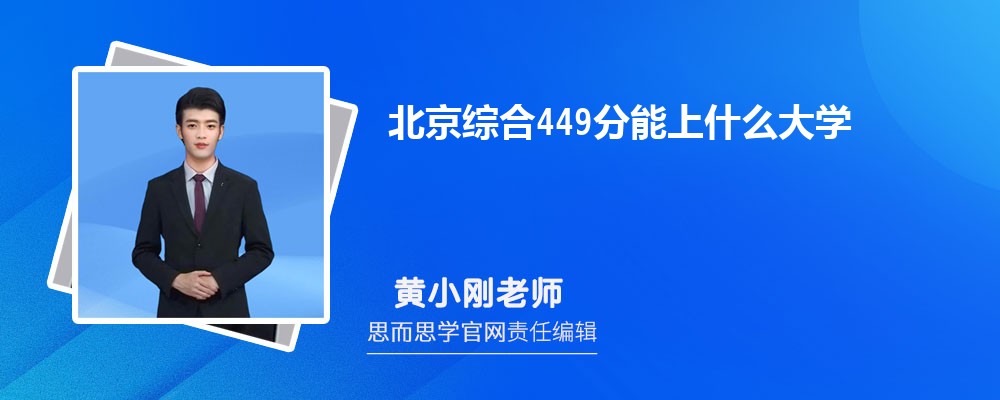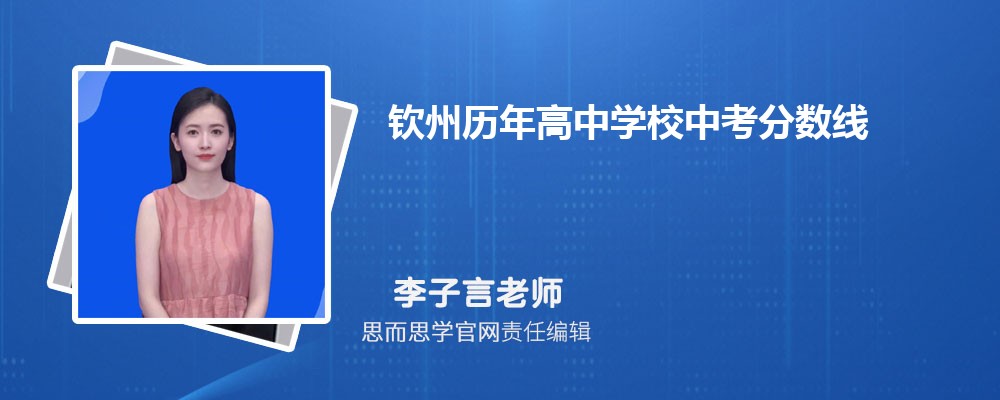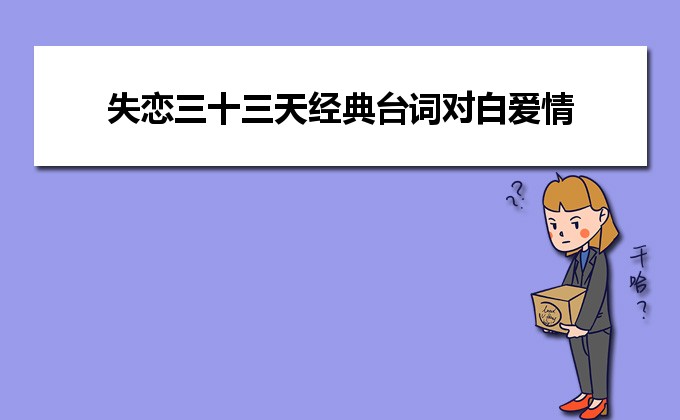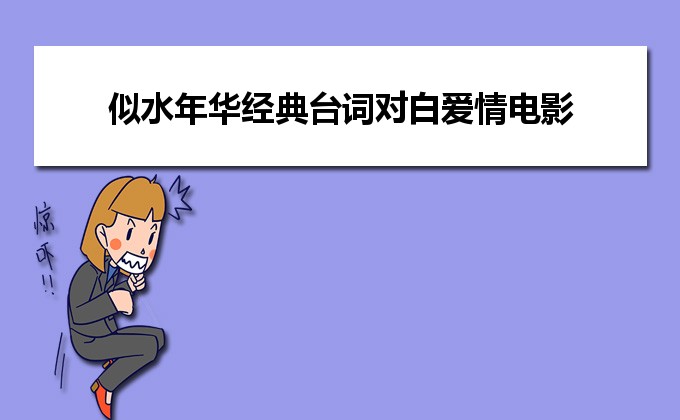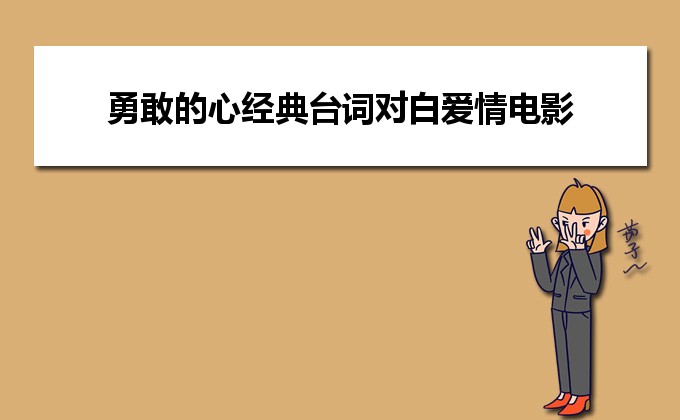《教父》是一部由派拉蒙影業公司于1972年制作的,講述黑幫故事的電影。40年代的美國,“教父”維托·唐·柯里昂(馬龍·白蘭度 飾)是黑手黨柯里昂家族的首領,帶領家族從事非法的勾當,但同時他也是許多弱小平民的保護神,深得人們愛戴。因為拒絕了毒梟索洛索的毒品交易要求,柯里昂家族和紐約其他幾個黑手黨家族的矛盾激化。
教父經典臺詞之一
the humility all his friends admired in him.
他(柯里昂教父)早就懂得:社會上常常會有突如其來的侮辱,那是必須忍受的。在這個世界上,常常會出現這樣的情況:最微不足道的人,如果他時刻留意的話,總會有機會向那些最不可一世的人報仇血恨。明白了這個道理,也就心平氣和了。正是因為明白這個道理,老頭子才從來不喪失那種他所有朋友都嘆服的謙虛謹慎的作風。
PS: Any profession was worthy of respect to men who for centuries earned bread by the sweat of their brows.
千百年來,只要憑賣力氣,流汗水換飯吃,任何職業都是值得尊敬的。
The Don always taught that when a man was generous, he must show the generosity as personal. He gave the baker a Di Nobili cigar and a glass of yellow Strega and put his hand on the men’s shoulder to urge him on. That was the mark of the Don’s humanity. He knew from bitter experience what courage it took to ask a favor from a fellow man.
柯里昂教父經常這樣教導:如果一個人要慷慨,那他就必須把這種慷慨表現得充滿感情。
他遞給面包師傅一根“高貴牌”雪茄煙,一杯“振奮牌”果子露,還把手搭在他的肩膀上鼓勵他說下去,這就是老頭子的人情味的一種表示。他從自己辛酸的經歷中體會到:大家同樣是人,要一個人央求另一個人辦一件事,這可需要多大的勇氣啊。
PS: If a person is very generous, then he must behave himself an emotional generosity.
“You know those Arctic explorers who leave caches of food scattered on the route to the North Pole? Just in case they may need them someday? That’s my father’s favors. Someday he’ll be at each one of those people’s houses and they had better come across.”
“你知道北極探險家在去北極的路上,沿途總要把食物在地窖里埋起來嗎?就是為了預防有一天走到那里可能需要食物。這就是我父親為別人做好事的道理。他有一天也可能有事相求,要登門拜訪他們。所以最好他們能先過來拜訪下我們。”
The Don helped those in misfortune whose misfortune he had partly created. Not perhaps out of cunning or planning but because of his variety of interests or perhaps because of the nature of the universe, the interlinking of good and evil, natural of itself.
柯里昂教父一方面在幫助那些陷于不幸的人們,但另一方面那些人的不幸一定程度上卻是他造成的。這,既不是出于陰謀詭計,也不是出于刻意安排,而是由于他利益的多樣性,或者說是宇宙的自然法則,善與惡的相互滲透乃是自然本身的法則。(所以說,強大你自身,是保護自己的終極之道。)
對敵理念
Don’t hate your enemy, or you will make wrong judgment.
不要憎恨你的敵人,否則你將做出錯誤的判斷。
Never tell anybody outside the family what you’re thinking again.
(這句話是教父對其大兒子Sonny的訓斥。Sonny在外人面前暴露出與父親不同的想法,終釀成大禍,招致敵人對老一代教父的暗殺行動。Corleone家族也正是由此從盛轉衰。)
Sonny:“If there’s one thing the old man hammered into me, it’s never to do a thing like that, to let other people know there’s a split of opinion in the Family.”
“如果說老爸對我有什么教導,使我永遠不忘的話,那就是永遠不能做一件蠢事:讓外人知道我們家族內部有意見分歧。”
Keep your friends close, but your enemies closer.
離你的朋友近些,但離你的敵人要更近,這樣你才能更了解他
Don’t let anybody know what you are thinking.
不要讓任何人知道你在想什么(邁克對文森說)。
Don’t let women dictate your actions and they’re not competent in this world, though certainly they’ll be saint in heaven while we men burn in hell.
不要讓女人左右你的行為。而她們在這個世界上并沒有這樣的資格,盡管可以肯定她們會上天堂。當圣人,而男人要下地獄,受火燒。
教父的自信
I’m gonna make him an offer he can’t refuse.
我將給他一個他無法拒絕的理由/條件。
(這局可稱是教父系列中最經典的一句臺詞。敢這樣說,來源于強大的自信,是一個男人對自己力量和謀略的篤信。)
He never asks a second favor when he’s been refused the first.
小說里的原句。
My father assured him that either his brains or his signature would be on the contract.
You talk about vengeance. Is vengeance gonna bring your son back to you? Or my boy to me? I forgot the vengeance of my son…..but I ‘m a superstitious man. And if some unlucky accident should befall him—if he should get shot in the head by a police officer or if he should hang himself in the jail cell or if he’s struck by a bolt of lightning—then I’m gonna blame some of the people in this room. And that I do not forgive.

